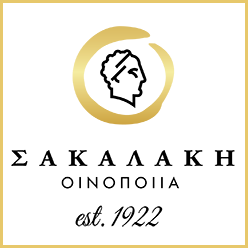The Paeonia and Paionians during the long historical course played an important role on the things of Northern Greece. They are names which are found in the ancient history and the Homeric epic Iliad. The presence of Paionians steepened during the period of the Macedonian kingdom, followed in later Roman Byzantine years the fate of Macedonia.
The country of Paionian and Peonian cities survived for many centuries, although by geography were countless attacked and suffered irreparable damage. In several historical works becomes important reference in Paeonia and Paionians as in Kleine Schziften Zuz Alten Geschichte Leipzig 1893 of Gustav Droyser. The divine Homer repeatedly mentions in his works the Paionians names, Paeonia, peony. This is a sample that was known to us away from those extra years and how Paionians took part in the Trojan War leaders Kings Pyraechmes and Asteropaios. For the record, the two Paeonian kings were killed in duels. Pyraechnes of Patroclus and Achilles Asteropaios. The old-Pelasgos, king of Argos, defines Pelasgian state from the Peloponnese to the Paeonia and Epirus.
In ancient finds from the area, pottery, amphorae currencies represented worship samples for the vine and wine -irreplaceable part in the daily life of the ancient inhabitants. During the Roman period and the Byzantine period, the main occupation of the inhabitants was the viticulture and the production of fine wine and raki. In particular, in the period of Ottoman rule, the wines of Paeonia had been transported in many parts of the Ottoman Empire, with focal point of production and marketing the Goumenissa. The excellent wines from the unique Greek Negoska and Xinomavro varieties were flooded taverns and grogshops of Istanbul, which is evidenced by the many invoices, have been dated at the time.
Today, in the region of Paeonia excellent varieties of vines of modern cultivation and vinification methods are grown, giving unique wines which dominate the Greek market and exported to many foreign countries.



